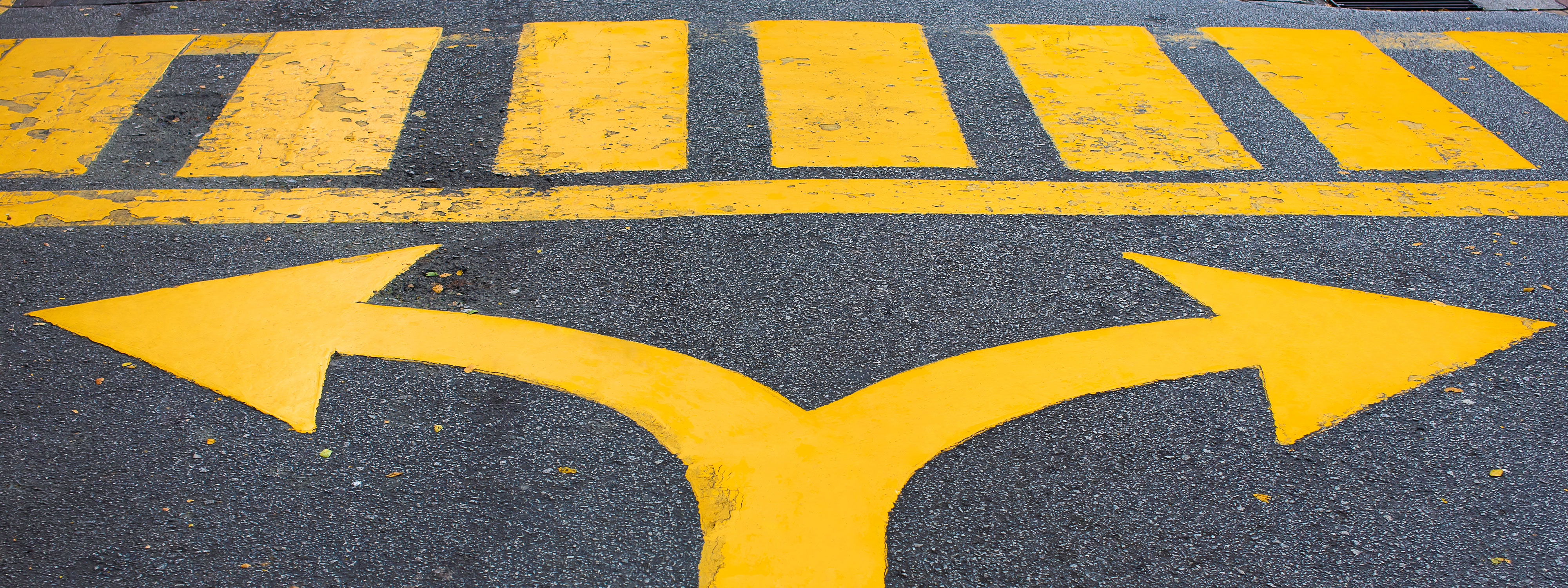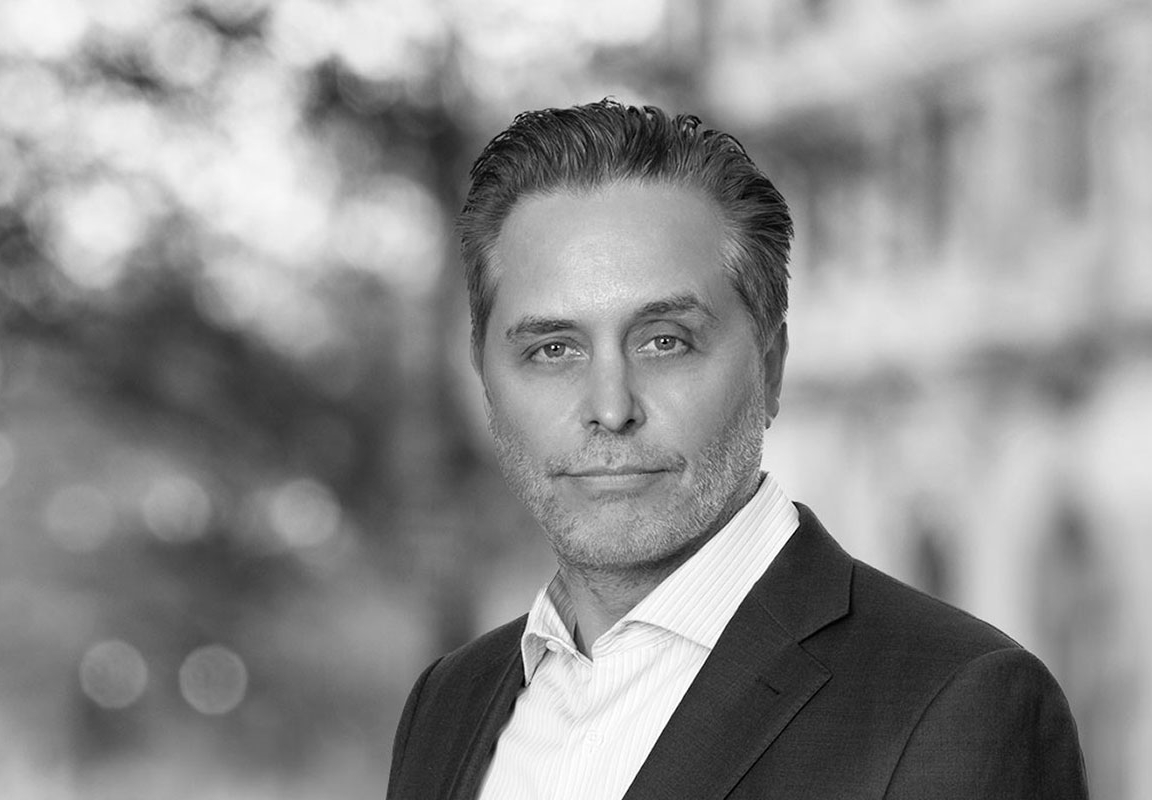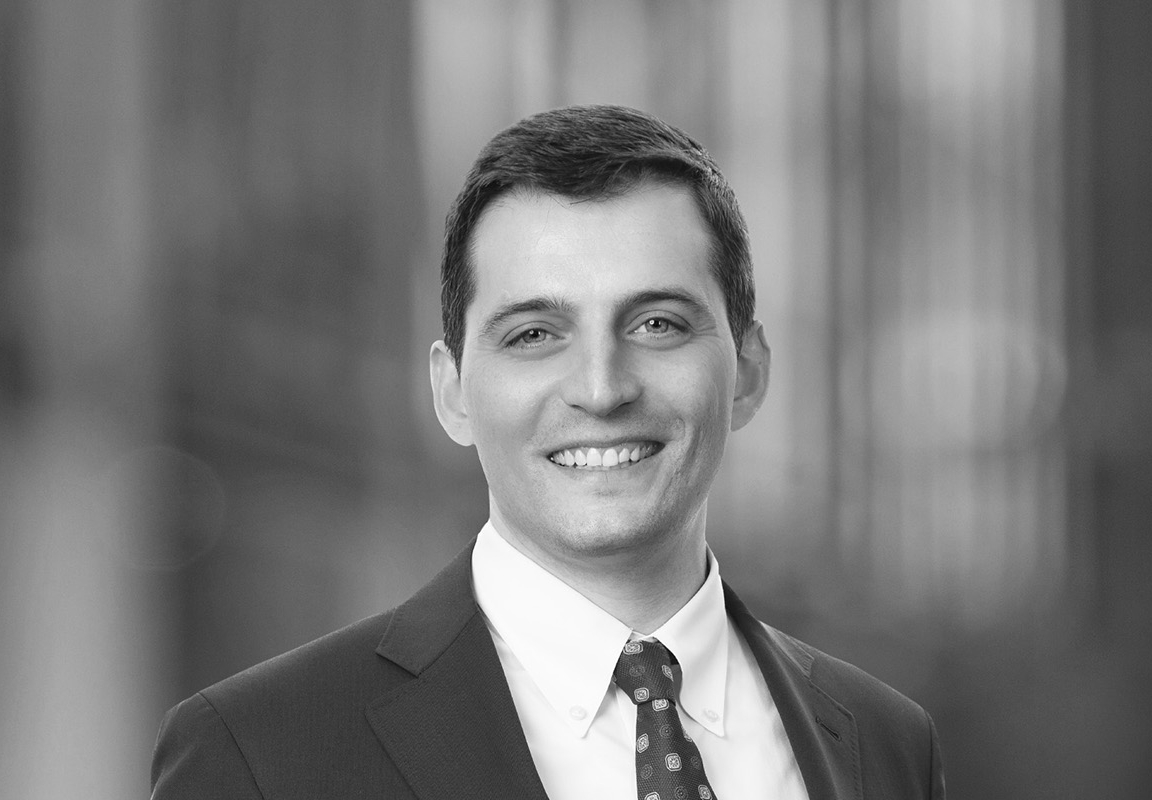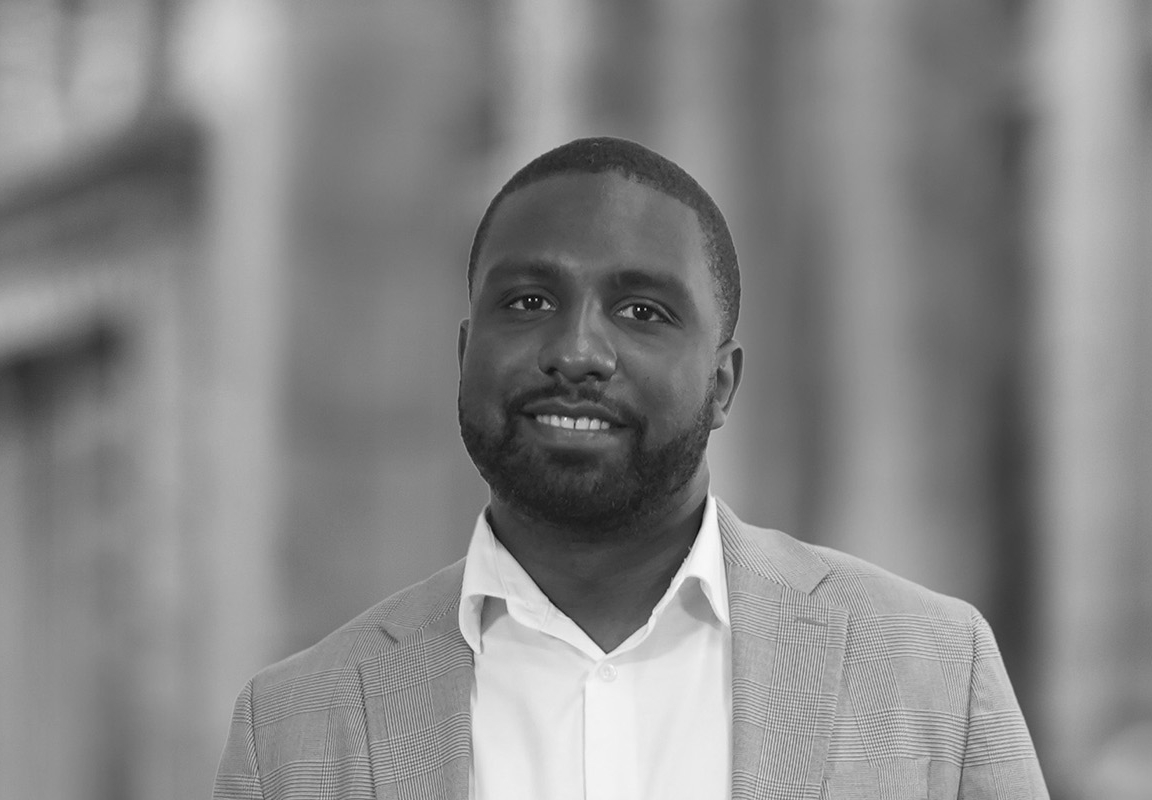
On May 21, 2025, the Federal Circuit issued an en banc decision in EcoFactor, Inc. v. Google LLC, highlighting the critical gatekeeping role of district courts under Federal Rule of Evidence 702 and Daubert standards, particularly for patent damages.1 The court ordered a new trial on damages because the trial court improperly permitted testimony from EcoFactor’s damages expert about royalty rates from prior patent licenses. This decision signals a push to prevent district courts from allowing expert testimony without critical review, establishing a precedent that virtually any Daubert violation involving a damages expert will result in a new trial.
Legal Background
Rule 702 governs the admissibility of expert testimony in US federal courts and requires that expertise must be grounded on sufficient facts and data, employ reliable principles and methods and reliably apply those methods to the facts of the case. The rule was initially amended in 2000 and again in 2023 to address persistent misapplications by courts.2 Under Rule 702, the proponent of the expert testimony bears the burden of establishing these elements by a preponderance of the evidence.
Before the 2023 amendments, many courts incorrectly asserted that issues concerning the sufficiency of an expert’s basis and the application of their methodology were questions of weight, not admissibility.3 To correct this, the 2023 amendments clarified that expert testimony may be admitted only if the proponent demonstrates, by a preponderance of the evidence, that the testimony meets all admissibility requirements set forth in Rule 702.4 The amendments specifically addressed the practice of deferring these critical determinations to the jury, rather than making a judicial ruling on admissibility.
Relevant Procedural History
In January 2020, EcoFactor, Inc. filed a lawsuit in the Western District of Texas against Google LLC, alleging that Google’s Nest thermostats infringed several patents. Prior to trial, Google moved to exclude the testimony of EcoFactor’s damages expert, David Kennedy, under Rule 702 and Daubert standards, arguing that his methodology and the facts supporting his opinion were unreliable. Google argued that Mr. Kennedy should not be allowed to testify that prior licenses involving EcoFactor’s patents reflected a confidential “$X” royalty rate. The district court denied this motion.
During trial, Mr. Kennedy presented his damages calculation, and the jury ultimately awarded EcoFactor US$20,019,300 in lump-sum damages. Google subsequently filed post-trial motions, contending that Mr. Kennedy’s testimony should have been excluded for unreliability. Those motions were denied by the district court. On appeal, a Federal Circuit panel consisting of Judges Lourie, Prost and Reyna affirmed the district court’s rulings. However, Judge Prost dissented in part regarding the denial of a new trial on damages. Google then petitioned for rehearing en banc, arguing that the majority had erroneously upheld the damages award based on unreliable expert testimony. The Federal Circuit granted the petition, vacated the panel’s opinion, and ordered new briefs and oral arguments specifically addressing the district court’s adherence to Rule 702 and Daubert.
The En Banc Opinion
By an 8-2 vote, the Federal Circuit vacated the district court’s ruling on expert testimony and remanded the case for a new trial on damages. Chief Judge Moore authored the majority opinion, which included Judge Lourie, who previously voted to uphold the verdict. The court held that the district court failed to provide a rationale for admitting the expert testimony of Mr. Kennedy and did not ensure that the testimony was based on sufficient facts or data. Judges Reyna and Stark dissented.
Lack of Rationale by District Court
As an initial matter, the Federal Circuit held that the district court abused its discretion by not creating a “record suitable for review of its admissibility decision.”5 Quoting Weinstein’s Federal Evidence, the court stated, “[a] sufficient record is one that includes both the court’s ruling and the reasons for that ruling.”6 The court noted that “[m]eaningful appellate review requires consideration of the basis on which the trial court acted.”7 “In this case, the district court gave no rationale for ruling that the expert testimony was admissible or for denying Google's motion for a new trial on damages.”8
Insufficient Data Supporting Expert Testimony
The central dispute was whether EcoFactor’s expert permissibly opined that the $X rate in prior licenses reflected an established royalty for the patented technology. The Federal Circuit held that the expert’s opinion that the settlement licenses between EcoFactor and three licensees showed industry acceptance of a per-unit royalty rate was not based on sufficient facts or data. The court engaged in contract interpretation to determine whether these licenses supported Mr. Kennedy’s conclusions. The court examined all licenses and found that they explicitly contradicted the claim that the lump sums were based on a per unit rate. For example, one license stated, “[s]uch [a lump-sum] amount is not based upon sales and does not reflect or constitute a royalty.”9 The court concluded that “[t]he plain language of the licenses does not support Mr. Kennedy’s testimony that [the licensees] agreed to pay the $X per unit royalty rate.”10 The court held, “[w]here, as here, the relevant evidence is contrary to a critical fact upon which the expert relied, the district court fails to fulfill its responsibility as gatekeeper by allowing the expert to testify at trial.”11
Apart from the licenses, Mr. Kennedy relied on the testimony of EcoFactor’s CEO, Shayan Habib, who claimed the lump-sum payments were calculated by multiplying the licensee’s past and future projected sales by the $X per unit rate. However, this claim lacked record evidence. Mr. Habib admitted that neither he nor anyone at EcoFactor had access to the licensees’ sales data, nor did he reference any data from which market predictions were made. Mr. Kennedy similarly testified that he had not seen any sales data or documentation but relied on Habib’s testimony. The court found that “Mr. Habib’s testimony amounts to an unsupported assertion” and could not provide a sufficient factual basis for Kennedy’s opinion.12
Dissenting Opinions
Judge Reyna, joined by Judge Stark, dissented in part, arguing that “[t]he en banc court’s sua sponte transformation of this case into one of contract interpretation and resolution of that issue in favor of Google raises party presentation concerns and deprives EcoFactor of notice and an opportunity to be heard.”13 Judge Reyna also contended that the majority failed to properly apply the harmless error doctrine, stating it was “Google’s burden to show that even though the jury discounted the $X rate and the vast majority of EcoFactor’s evidence about the $X rate was rightfully before the jury from sources other than Mr. Kennedy, the admission of Mr. Kennedy’s testimony affected Google’s substantial rights.”14
Judge Stark, the only former district court judge currently on the Federal Circuit, also expressed concerns (joined by Judge Reyna) that the majority’s opinion may have limited applicability beyond this case. Judge Stark noted that “today’s decision only governs where an expert’s testimony is undoubtedly contrary to a critical fact upon which the expert relies.15” He also noted that Google “could have sought partial summary judgment that $X is not a reasonable royalty rate, or through some other procedural device asked the district court to interpret the license agreements.” 16 While Judge Stark was “troubled by the district court’s failure to put its reasoning on the record,” he did not believe that a new trial on damages was warranted, emphasizing that “the proper disposition should be to vacate the judgment and remand for the district judge to fulfill his gatekeeping responsibility.”17
Take-Aways and What’s Next
- Focus on Sufficiency of Data: The court’s rejection of EcoFactor’s expert opinion on industry acceptance of a per-unit royalty rate raises the critical question of what constitutes “sufficient” facts and data, as the court referenced Daubert’s standard of “good grounds” for testimony but did not fully clarify what those grounds entail. This will be a focal point for savvy litigators moving forward.
- Requirement for New Trial on Damages: The decision signals a push to prevent district courts from allowing expert testimony without critical review and permitting unreasonable damages awards. The Federal Circuit is establishing a significant penalty for failure to properly gatekeep expert testimony, indicating that virtually any Rule 702 violation by a damages expert will result in a new trial on damages. This creates a strong incentive for district court judges to scrutinize expert testimony and reinforces the trial court’s gatekeeping responsibilities.
- Dissenting Opinions: The dissents by Judge Reyna and Judge Stark contended that the majority changed the scope of the en banc review and engaged in factual findings, including contract interpretation, to demonstrate that Rule 702 was not satisfied. Judge Stark’s dissent suggested that remanding for the district court to provide reasoning could result in further appeals, thus supporting the majority’s decision to provide clarity upfront to avoid future issues. This could signal continuing disagreements at the Federal Circuit about the scope of damages expert opinions.
1. EcoFactor, Inc. v. Google LLC, No. 2023-1101, 2025 WL 1453149 (Fed. Cir. 2025). White & Case filed an amicus brief at the Federal Circuit on behalf of Lawyers for Civil Justice, and previously represented Google LLC before the district court.
2. See Communication from the Chief Justice Transmitting Amendments to the Federal Rules of Evidence (Apr. 24, 2023) at 1, 7; Order Amending the Federal Rules of Evidence, 529 U.S. 1189, 1195 (2000).
3. FED. R. EVID. 702 advisory committee’s note to 2023 Amendment.
4. See id.
5. Id. at *2.
6. Id.
7. Id.
8. Id.
9. Id. at *5.
10. Id. at *7.
11. Id. at *9.
12. Id. at *8.
13. Id. at *13.
14. Id. at *16.
15. Id. at *17 (emphasis in original).
16. Id. at *18.
17. Id. at *20.
White & Case means the international legal practice comprising White & Case LLP, a New York State registered limited liability partnership, White & Case LLP, a limited liability partnership incorporated under English law and all other affiliated partnerships, companies and entities.
This article is prepared for the general information of interested persons. It is not, and does not attempt to be, comprehensive in nature. Due to the general nature of its content, it should not be regarded as legal advice.
© 2025 White & Case LLP





